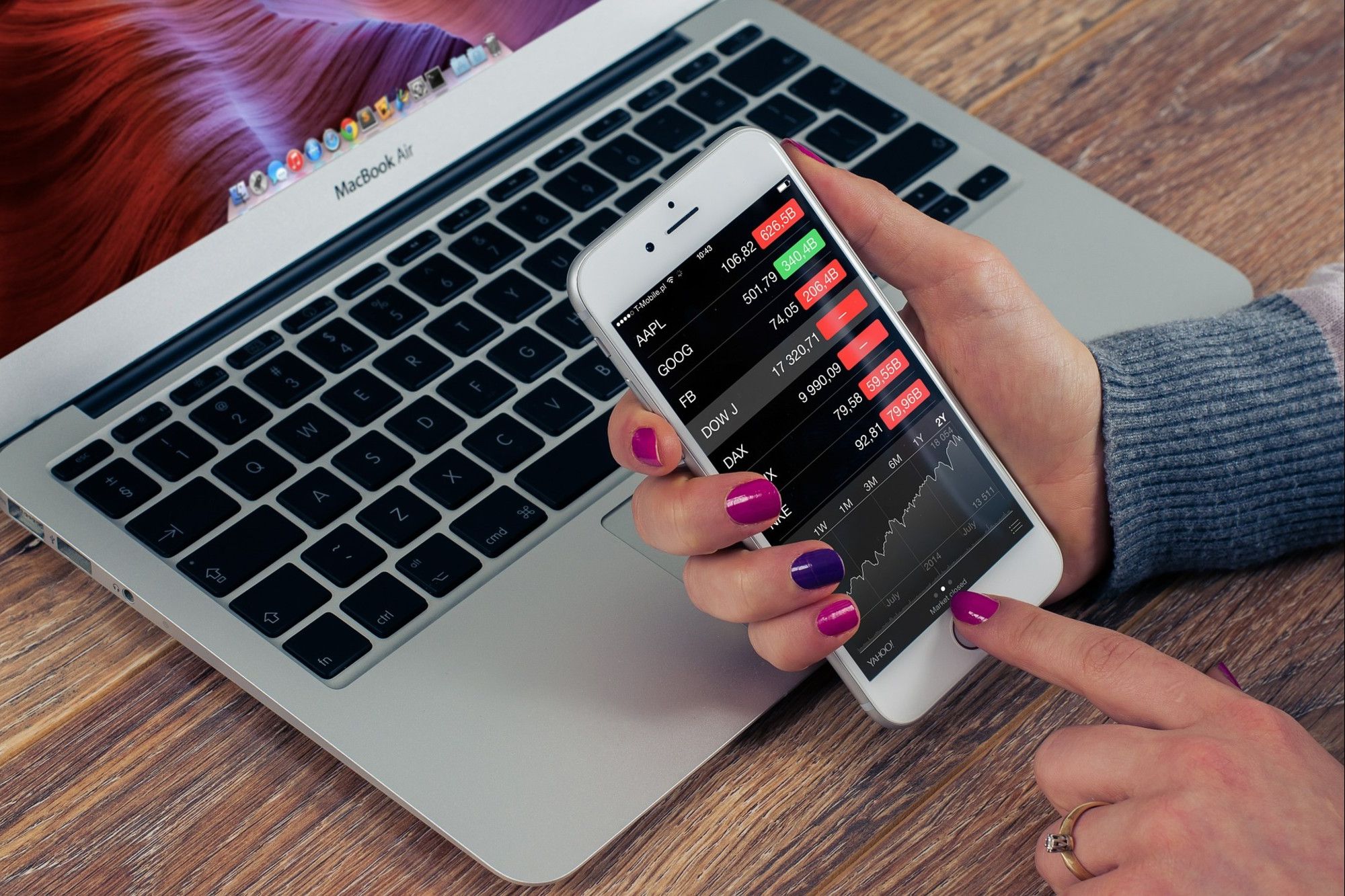The Filipino Retail Investor Is Evolving The recent years have seen more Filipino retail investors crop up and they are far from typical.
Opinions expressed by Entrepreneur contributors are their own.
You're reading Entrepreneur Asia Pacific, an international franchise of Entrepreneur Media.

It's often said that Filipinos don't invest. This is thanks (or no thanks) largely to the fact that Filipinos are naturally quite risk-averse, preferring to stash their money where it is easily seen and accessible. Aside then from the fact that many Filipinos have an income that's just enough to get by, the world of investing can also be quite intimidating with its slew of technical jargon and complicated charts, graphs, among others.
It doesn't help either that investing is typically seen as something only done by the old and rich. Even being a retail investor, which deals with much smaller amounts than traditional institutional investors, is seen by many as out of their reach.
But there's a quiet movement slowly working to change all that. Indeed, the recent years have seen more Filipino retail investors crop up and they are far from typical.
The new faces of investing
Gone are the days when the words "stocks' and "investing' conjured up images of the stuffy, snobbish old country club set.
Today, more and more middle-class Filipinos are getting into investing. This is according to Philippine Stock Exchange (PSE) president Ramon Monzon who noted that about 62 per cent of investors who opened accounts with them last year earned less than 500,000 Philippine peso (PHP) annually. In contrast, those who earned over PHP1 million annually only made up 16.6 per cent of new accounts.
But it isn't just the middle class who are starting to make their presence felt.
An increasing number of millenials have also opened accounts with the PSE, with 21.5 per cent of stock market account holders falling in the 18 to 25 age range last year. This is a noticeable jump from 16.2 per cent in 2017. One possible explanation for this is that more and more investing tools and platforms are moving online, enabling millennials to get into the practice on their own terms.
Finally, there has also been a welcome increase in the number of women who are getting into investing.
For one, multi-asset investing platform eToro details that Filipina women make up a significant chunk of investors. According to eToro's Southeast Asia Business head Paul Familiaran, the Philippines actually has the highest presence of female investors in the region.
"If you look at our Philippine market, 26 per cent of users are actually women," he explained. "We're very happy that Filipino women are definitely shattering the gender stereotypes by being actively available and participating on our platform."
Indeed, not only are Filipina women breaking stereotypes but in many ways they're leading the rest of the world as well.
"26 per cent—that's over one-fourth already whereas if you compare that to our global average of female investors it is only 13 per cent. Comparing that to for example in Taiwan, it's only 18 per cent. In Hong Kong, it's 17 per cent. In Singapore, 16 per cent. In Malaysia, 13 per cent. In Europe, it's only 11 per cent on average," he said.
Investing no longer just locally
Another way in which the Filipino retail investor is changing is that they're no longer confined to buying and selling locally.
eToro's Paul Familiaran also details that Filipino users on their platform have taken to investing in global companies as well.
"A lot of the users both in the Philippines and in general Southeast Asia have started to look at opportunities outside of their comfort zones, meaning outside of their local markets. That's where they saw potential in the US markets, specifically in the tech sector where they can actually be an active trader or a passive investor."
Specifically, they've seen Filipinos heading to invest in companies like Netflix, Amazon, Apple, Facebook and Google.
"I'm sure anybody who has the right capacity to invest, meaning the middle income earners and above, on a given day, they actually use one of these products, right? There's no way that you can shy away from a day with using your Facebook, your Netflix, your Apple, your Google," Familiaran explains. "It just becomes the nature of people that they invest in the stocks that they love or that resonate to them."
Of course, it also helps that stocks like Amazon and Netflix have shown themselves to be resilient in the face of crisis. As recently as mid-April, stocks from both companies managed to hit all-time highs in spite of the COVID-19 pandemic that has harmed so many businesses.
The fact that Filipino investors are buying up stock in these companies now may also mean that beyond just a mere affinity for these products, Filipino investors are getting savvier with their investing strategies.
New frontiers
But beyond investing in tech giants from outside their home markets, Filipinos are now also making headway with an entirely new type of asset: cryptocurrency.
Cryptocurrency has slowly gained a foothold in the Philippines despite challenges posed by volatility in the market. In 2019, authorities allowed at least 29 cryptocurrency exchanges to open—quite a high count, considering countries like Japan have so far only allowed 17 to fully register.
Though there's still quite a way to go before we start seeing Filipinos investing in crypto en masse, a survey by the Organization for Economic Cooperation and Development reports that up to 53 per cent of Filipinos surveyed displayed an intent to invest in it soon. Among the respondents, 32 per cent also reported having already owned cryptoassets.
Cryptocurrency clearly has a future in the country. Not only is it gaining traction as an investment vehicle but in a country where 77.4 per cent of adults still remain unbanked, cryptocurrency is being hailed as a must in the fight for financial inclusion. This is because cryptocurrency's decentralized nature allows for payments to skip over traditional middlemen like banks or lenders.
In conclusion, Filipino retail investors no longer have the same limits they once did. The rise of Internet-based trading platforms, new financial technology and changing attitudes have resulted in the once guarded and secretive world of investing being blown wide open. The result is that now more than ever, ordinary Filipinos can use investing to propel themselves towards a more financially secure future.
Whether you will be part of this revolution is of course entirely up to you.











